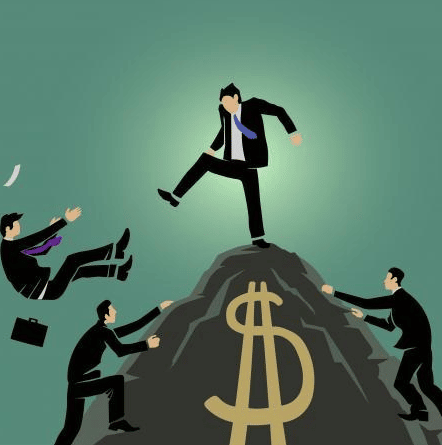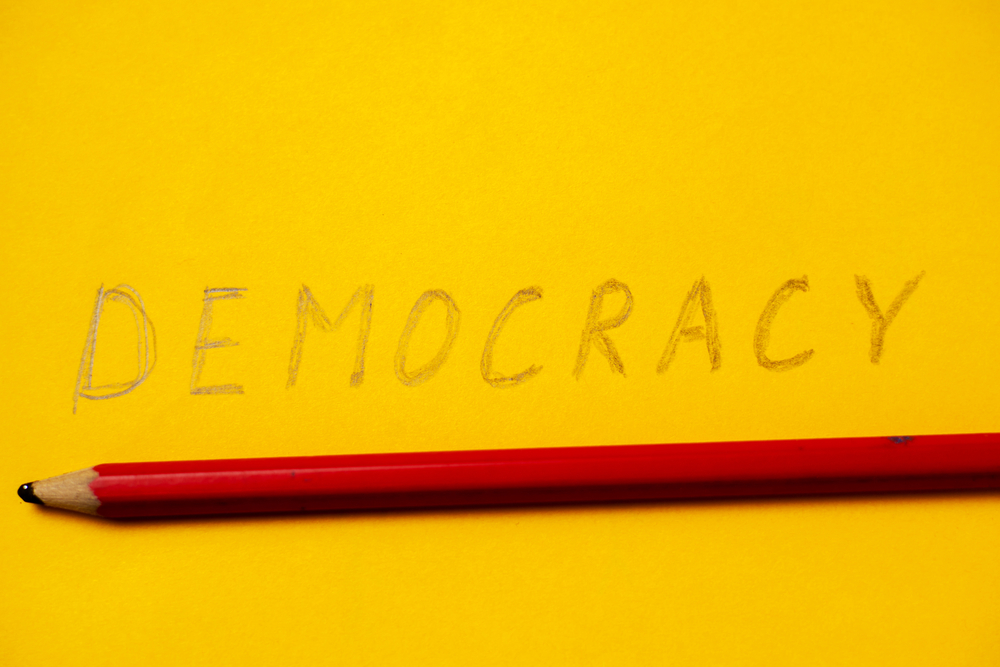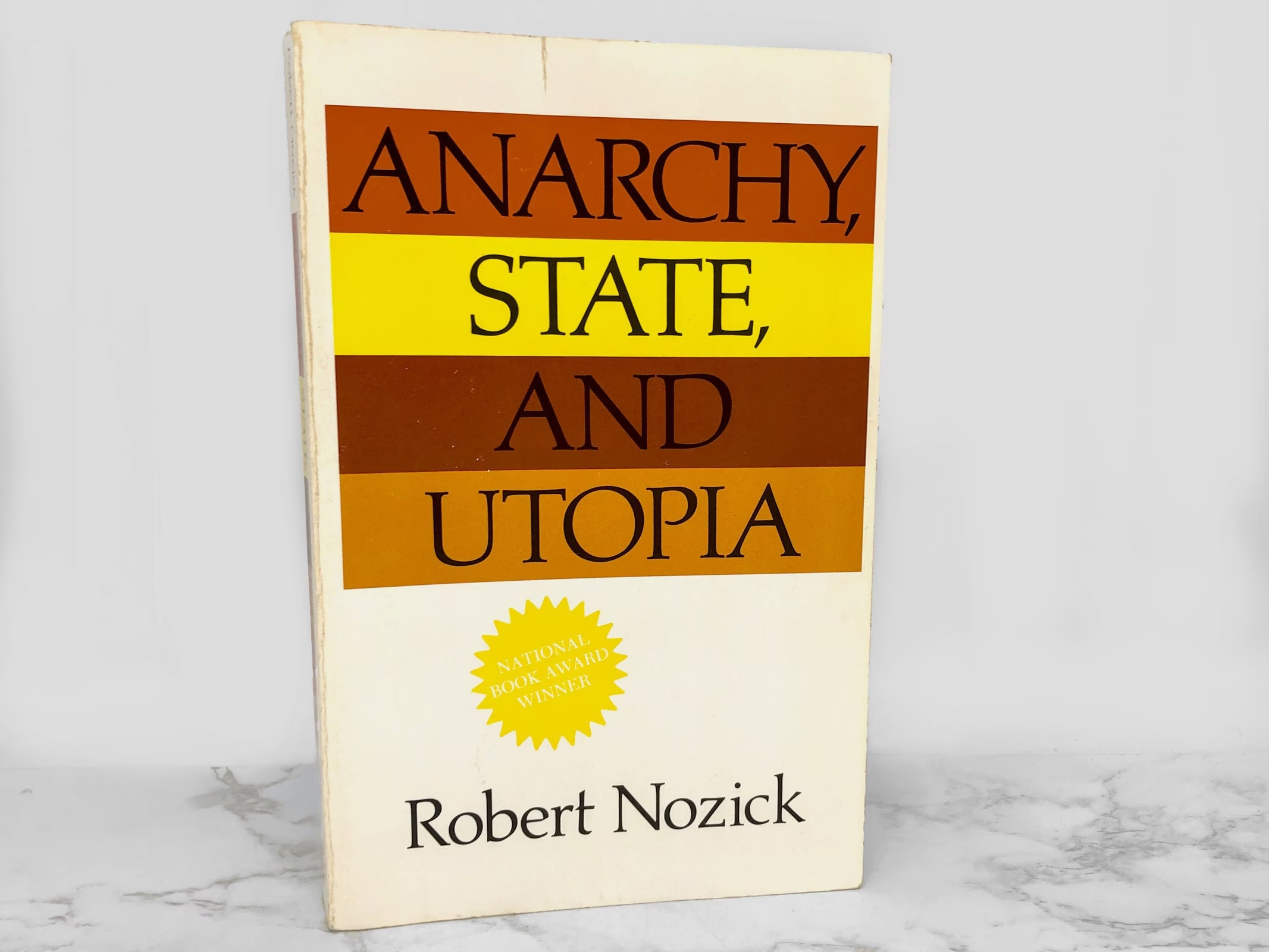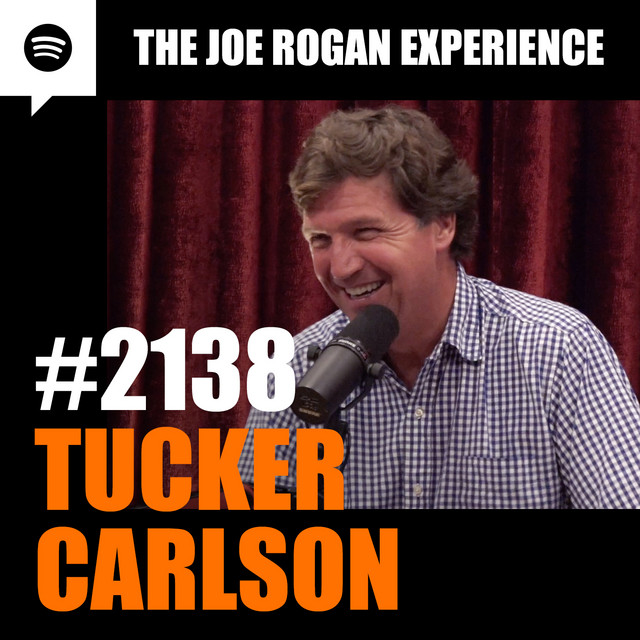Few things are so confusing as the term capitalism. The definition itself appears clear enough, with the Oxford Dictionaries saying it is “an economic and political system in which a country’s trade and industry are controlled by private owners for profit, rather than by the state.” Both proponents and opponents of capitalism would likely agree that the core of capitalism is the private ownership of the means of production. But that’s the full extent of agreement.
The problem here is that the formal definition provides no guidance regarding the functioning of the system. This means proponents will see what they want to see, while opponents tend to see other things entirely. This explains Gary Chartier’s three senses of capitalism. From his chapter in Markets Not Capitalism (p. 108):
- an economic system that features personal property rights and voluntary exchanges of goods and services
- an economic system that features a symbiotic relationship between big business and government
- rule – of workplaces, society, and (if there is one) the state – by capitalists (that is, by a relatively small number of people who control investable wealth and the means of production)
All three are indeed possible outcomes of the same definition, even though they are not only different but may even seem contradictory. For example, it is difficult to reconcile the personal property and voluntary exchanges in the first ‘sense’ with the considerable presence of government and corporatism in the second ‘sense’. Similarly, the autonomy and freedom in the first ‘sense’ seems incompatible with the rule suggested by the third ‘sense’.
In terms of advocacy, then, the term capitalism is, simply put, worthless. What is actually meant by someone invoking the term capitalism depends entirely on their other views—philosophical, political, and economic. Those views, in turn, affect how we see the world and what aspects of it we choose to focus on.
It is therefore not a contradiction that someone on the right can refer to the present ‘free enterprise’ system in the United States as ‘capitalism’ and mean the prevalence of business and competition while someone on the left instead sees corporations dictating politics and government. The former assumes, based on their philosophical, political, and economic views, that business does good and that government is a ‘necessary evil’. The latter assumes, in contrast, that government is a potential force for good that has been corrupted by the wealthy, who want to continue to profit at most people’s expense. Both would agree that the system is capitalism, but what they see as that system is very different.
This is of course enormously frustrating (for both sides) because it is impossible to communicate and even less agree on how to improve the system (not to mention how it actually works!). So what should be a constructive discussion about goals, means, and strategies typically ends up a shouting match and calling each other evil know-nothings. While this might give you pats on the back from your own choir, you’ve really only dug a deeper trench.
The only party that gains from these shouting matches is the common enemy: the forces that feed off and cause the bads of the present system.
Typically, radicals in favor of capitalism (in the first ‘sense’) take that position because they have a passion for justice and understand markets as both the means for and manifestation of a free society. Similarly, radicals opposed to capitalism (in the third ‘sense’) take that position because they oppose the rule and power that are anathema to a free society. The fact is that many should be able to take both positions were they to consider the substance first and the label second (or not at all).
As libertarians, we certainly hate the state. But it is not a random position. We hate the state because it is institutionalized aggression. The state provides some with power and rule while subjugating the rest of us. There is nothing voluntary or free or good about the state, and it does not create anything of value. Its very existence flies in the face of the principle of every person’s equal right and freedom.
Without the state, there would be no capitalism in the second and third senses. What is left is the freed market: society in the form of horizontal cooperation through production under the division of labor, trade and exchange, and solidarity and mutual aid. The goal, in the words of Pierre-Joseph Proudhon, is “the dissolution of government in the economic organism.” That is, capitalism in the first sense.
Reaching that goal is difficult as it is, we do not need to place additional obstacles in our path. One such is the hang-up on a word, the debating of which wastes precious time and effort on inconsequential matters. It also means we lose potential alliances with those who have compatible goals in substance, but have similar hang-ups on that word. The term capitalism is a barrier, not a bridge.












